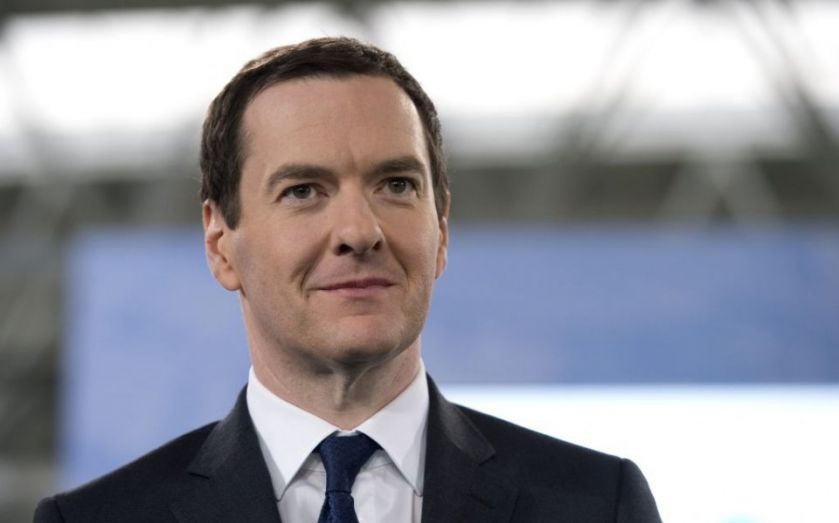Forex price fixers may face jail under George Osborne’s new plans

Chancellor George Osborne yesterday confirmed the government would make price-fixing in foreign exchange markets a criminal offence in 2015.
It is part of a larger plan that extends the rules put in place to regulate Libor – a rate at which banks lend to each other – to several other financial market benchmarks.
It includes the main foreign exchange benchmark (the WM/Reuters 4pm London Fix).
Investors caught manipulating the benchmarks could face up to seven years in prison.
Other financial market rates the price fixing rules will apply to are the sterling overnight index average (Sonia) and repurchase overnight index swaps (Ronia) – short-term lending rates – as well as benchmark prices for gold (London Gold Fixing), silver (LMBA Silver Price) and oil (ICE Brent index).
It will also apply to interest rate swaps – deals where variable interest rates are “swapped” for fixed ones (ISDAFix).
“The integrity of the City matters to the economy of Britain,” Osborne said. “Ensuring that the key rates that underpin financial markets here and around the world are robust, and that anyone who seeks to manipulate them is subject to the full force of the law, is an important part of our long-term economic plan.”
Before the laws come into force, the Financial Conduct Authority (FCA) will consult on its draft rules, and then publish final rules. The government intends the rules to be in place by 1 April 2015.
The FCA and the Bank of England’s prudential regulation authority have already fined five banks a total of more than £1bn for manipulating forex markets. Individuals are also facing criminal charges from the Serious Fraud Office (SFO).
In June, the government announced the Effective Markets Review, which involves three regulators and looks into the way wholesale financial markets operate.